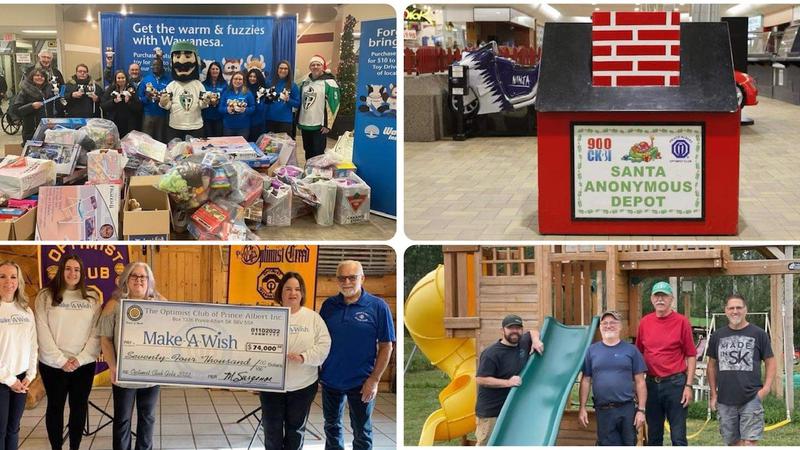Poison Prevention is Simple
Whether it’s indoors or outdoors, a curious child is bound to explore the most unlikely places. While you might think that what’s in the cupboard is safe from little hands it’s probably not. Every year hundreds of people are poisoned from common household chemicals. Prevention is the key to safety around your home, and not just for our children either. Small visitors to your home this summer might see grandma or grandpa’s medications sitting on the breakfast table and think it’s a sweet treat. Secure your medication to prevent an accidental ingestion.
Read the label – the manufacturer of any household product prints safe handling instructions right on the container. Be sure to wear gloves and/or eye protection if required.
Store the product safely – with small children or pets, keep cupboard locked or chemicals stored out of reach. Don’t pour a portion of a poisonous substance from a large container into an improper smaller container. For example, keep bleach in the original container. Just because it’s too heavy to carry to the laundry room pouring into something a soda bottle is only asking for trouble. Never store chemicals with food products.
Clean up spills properly and quickly – follow the instructions on the container for safe handling. Chemicals such as antifreeze spilled on the ground can be deadly if ingested by pets.


